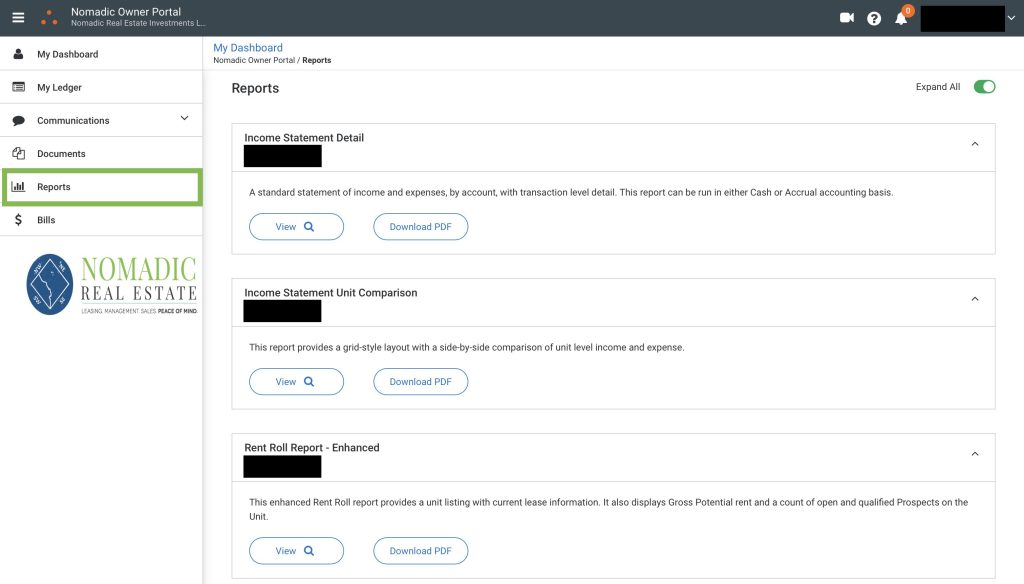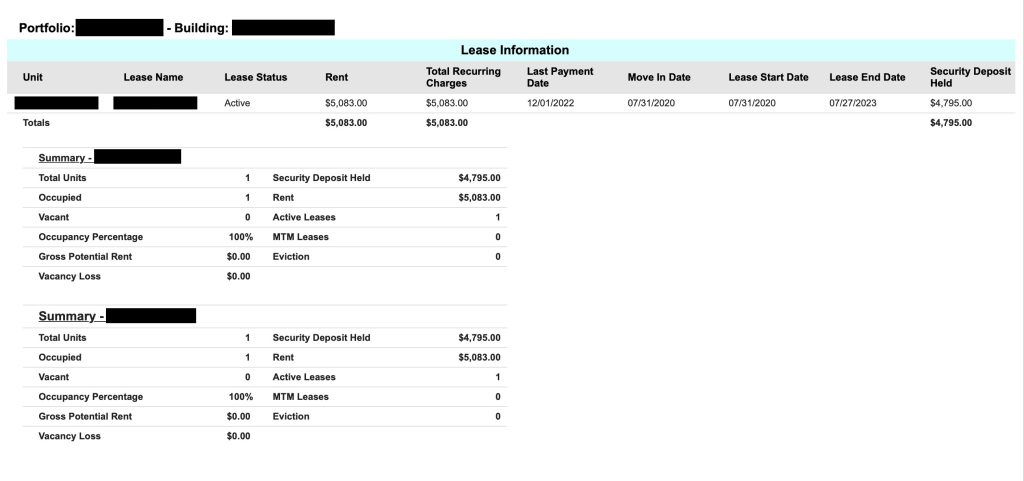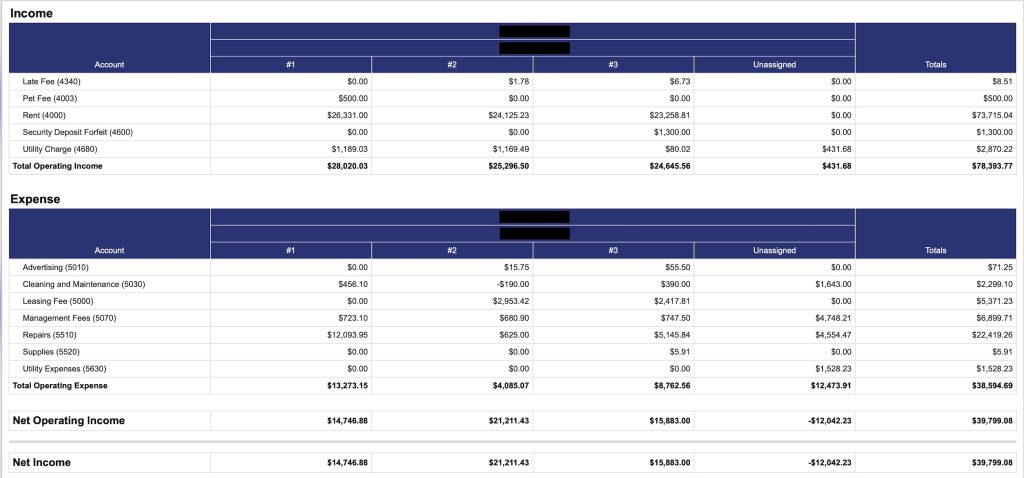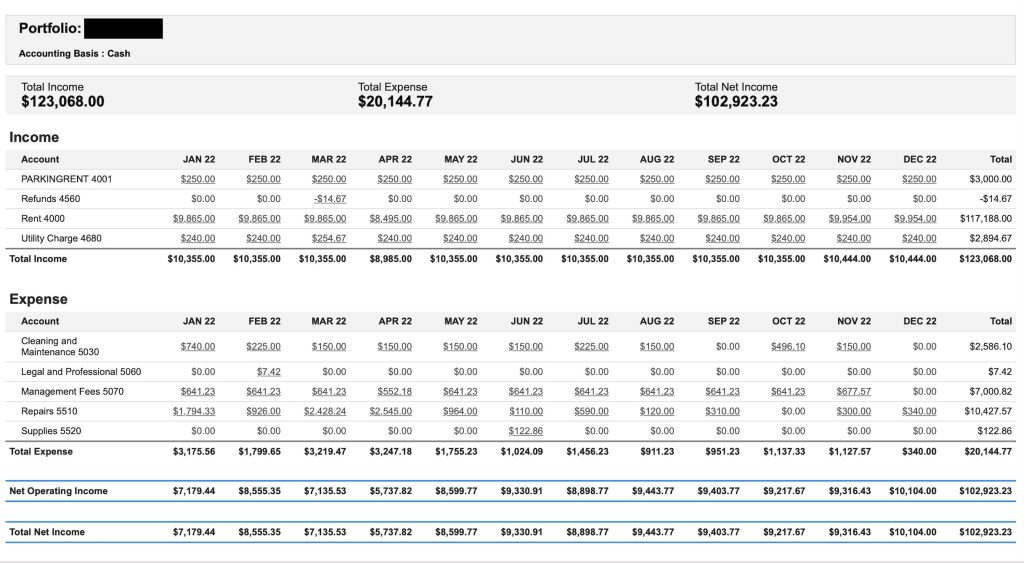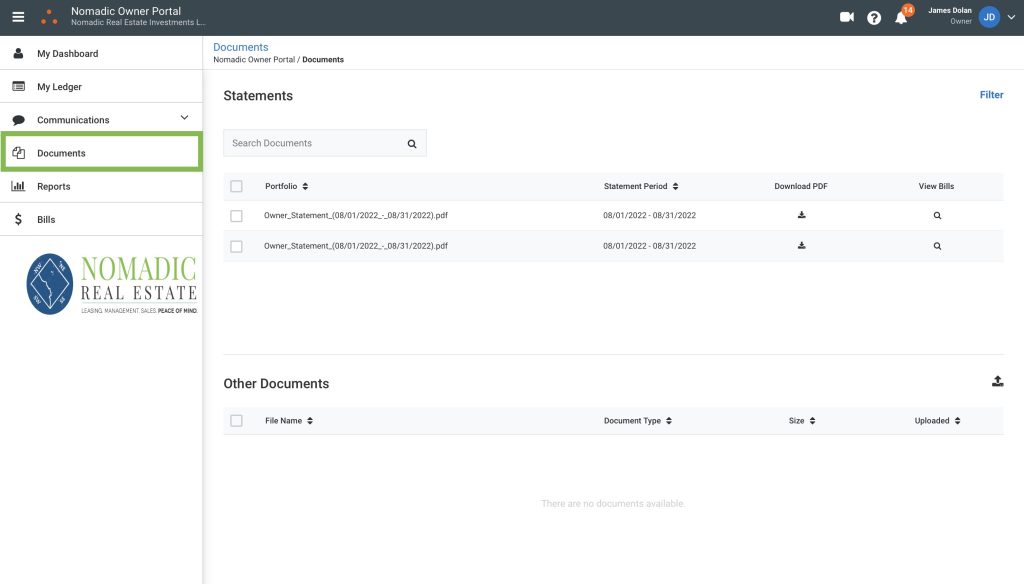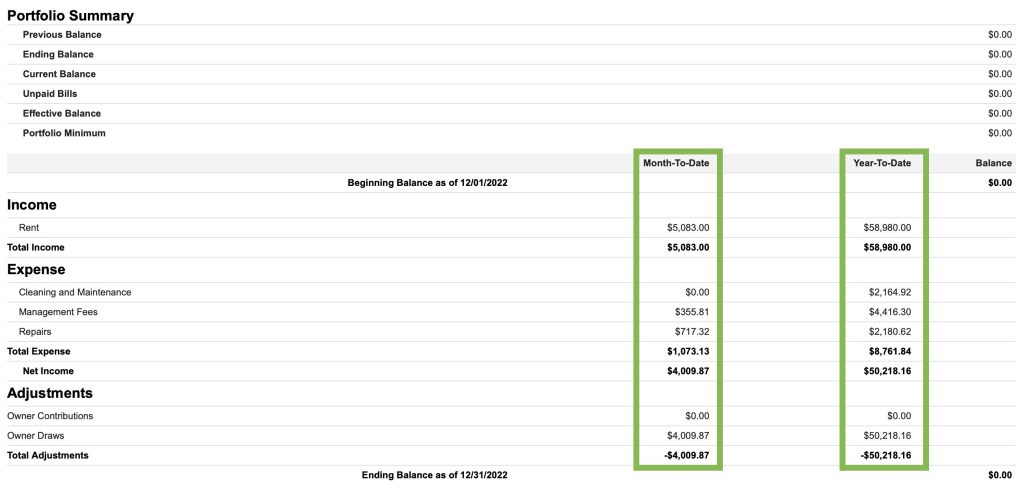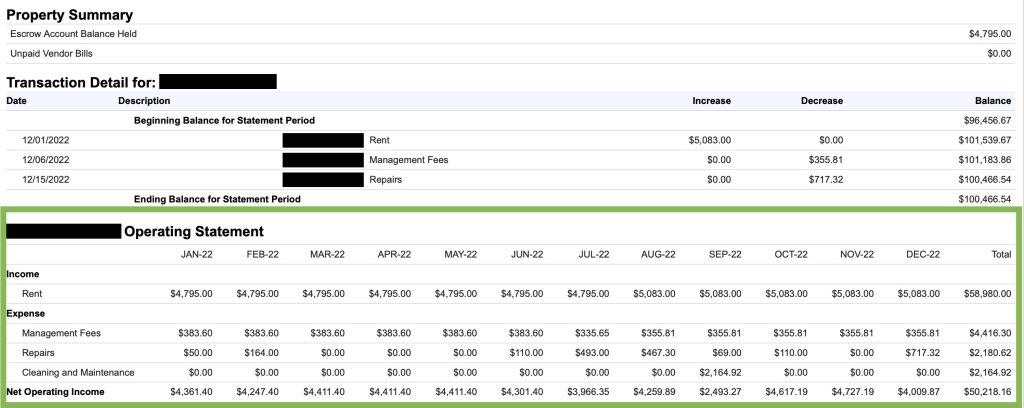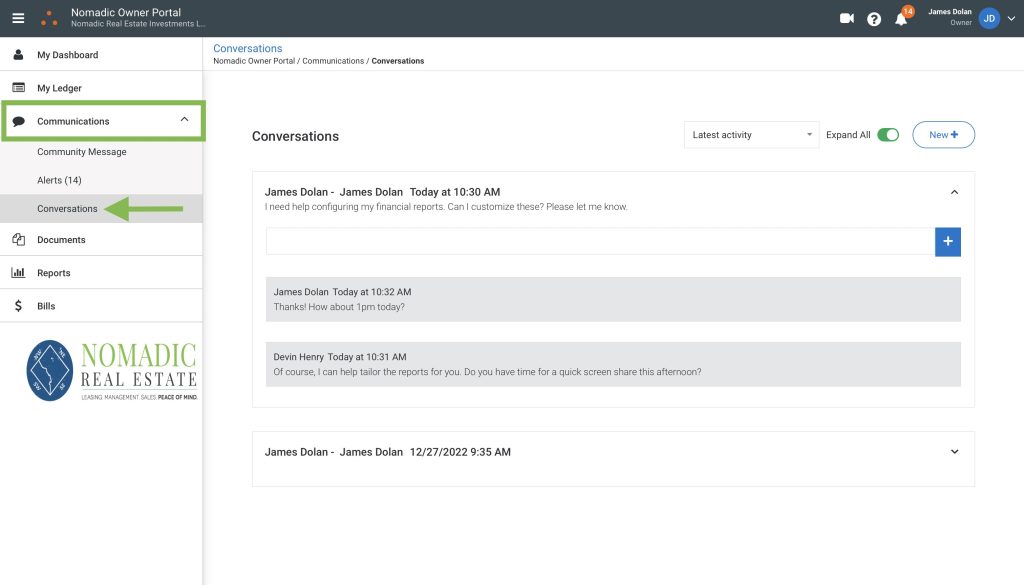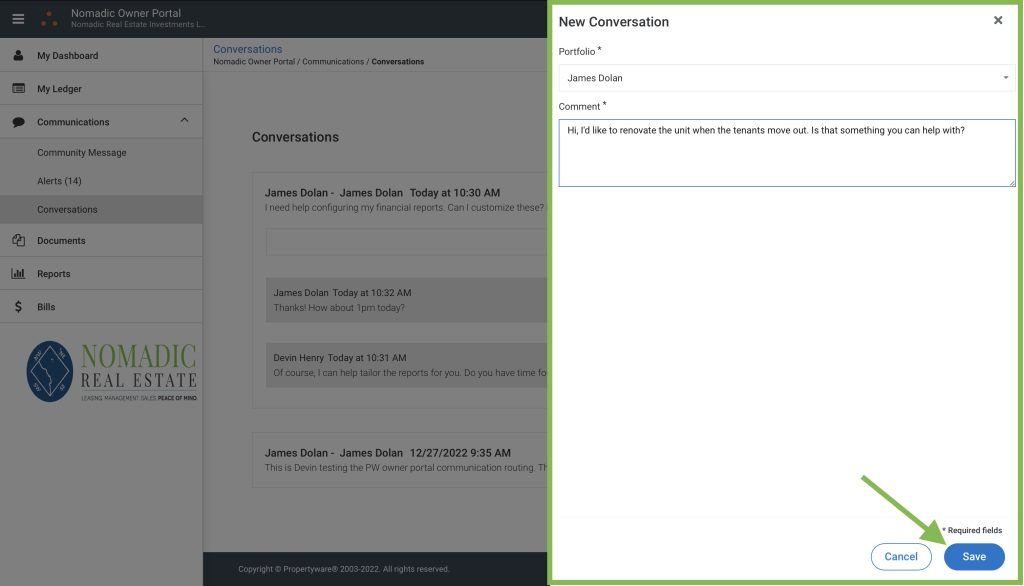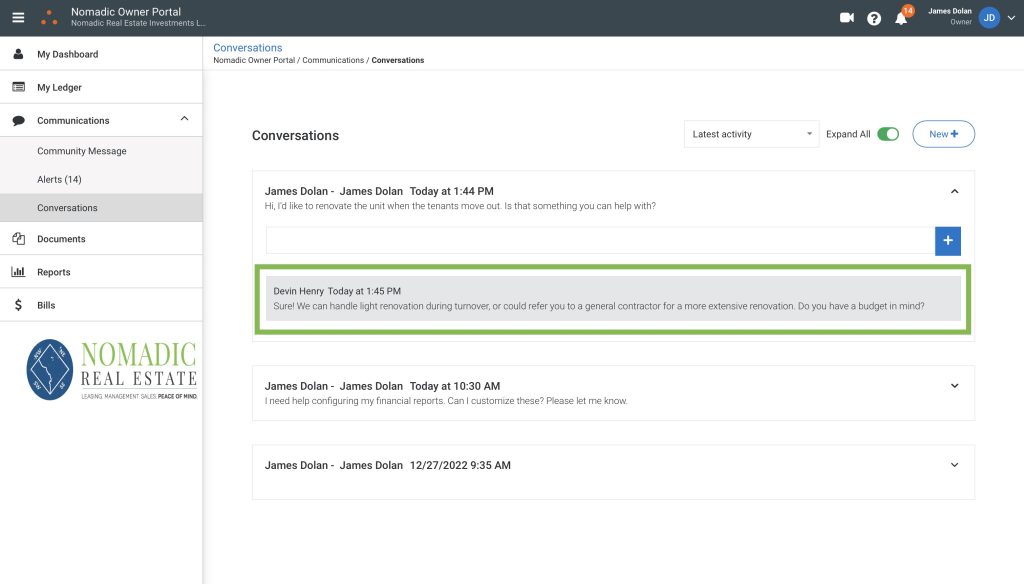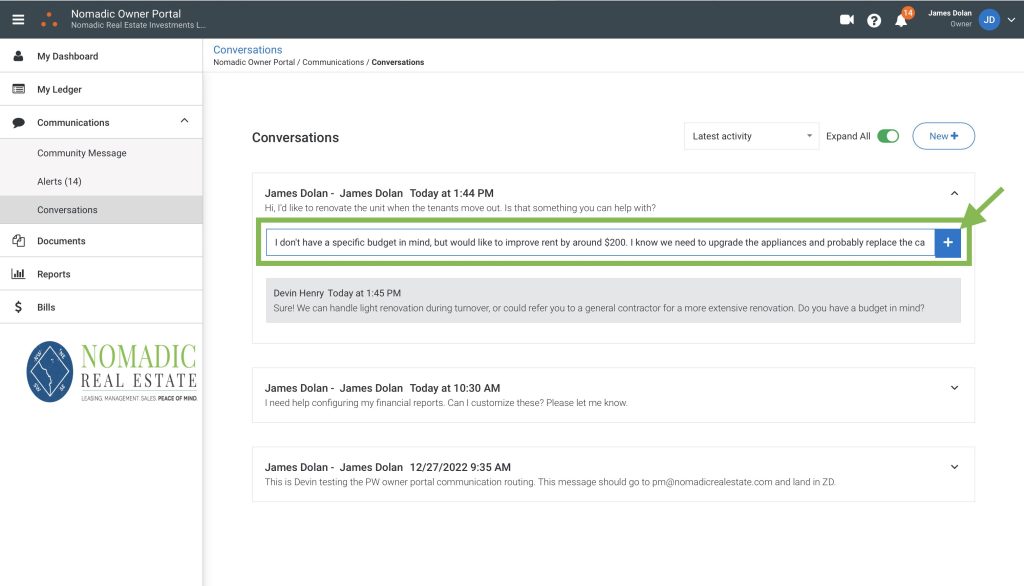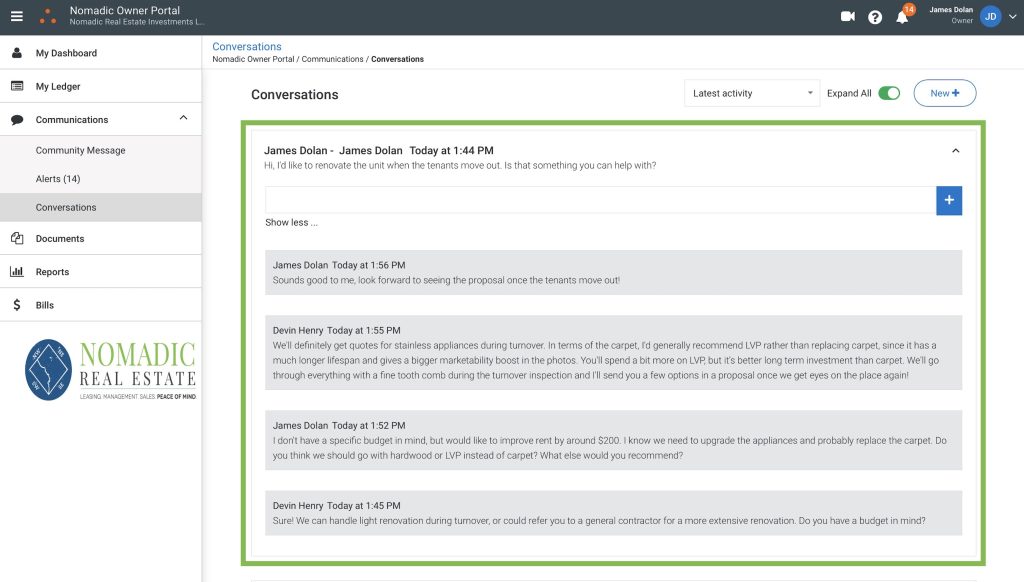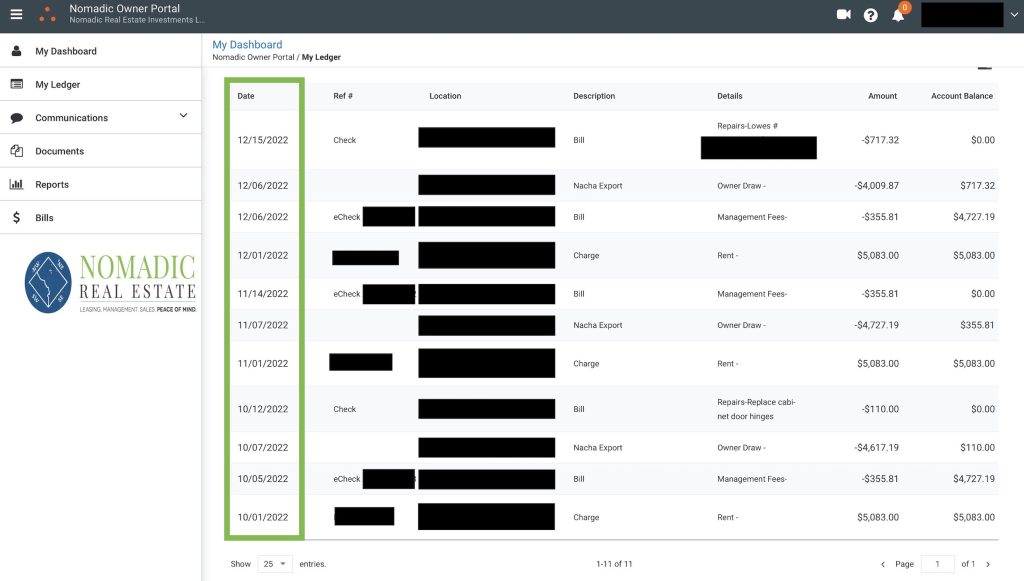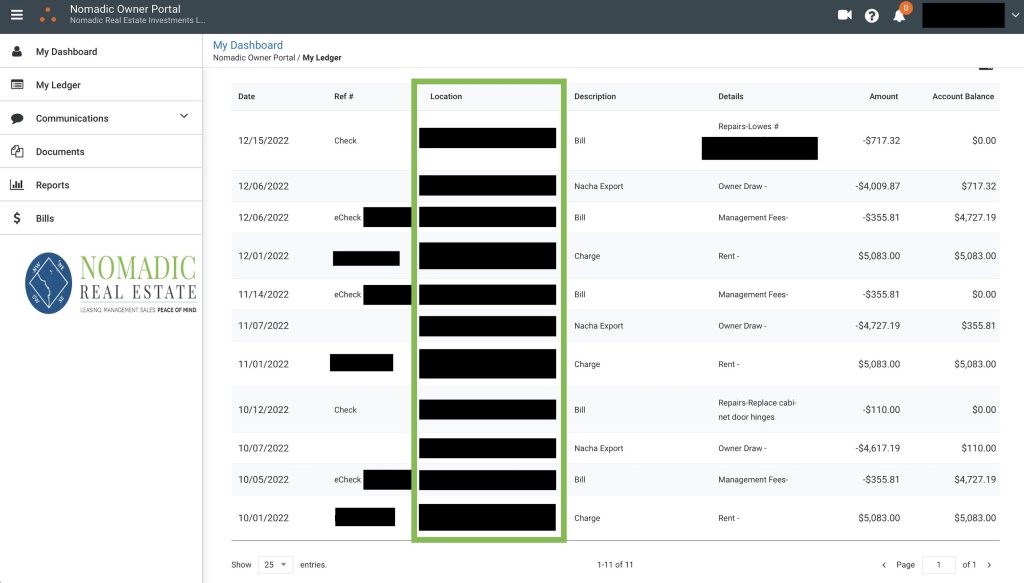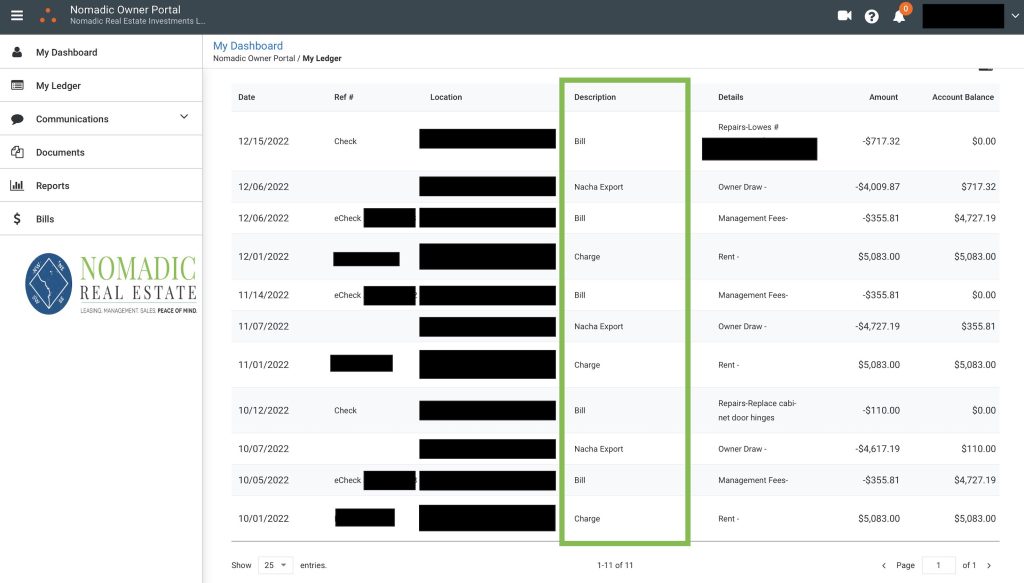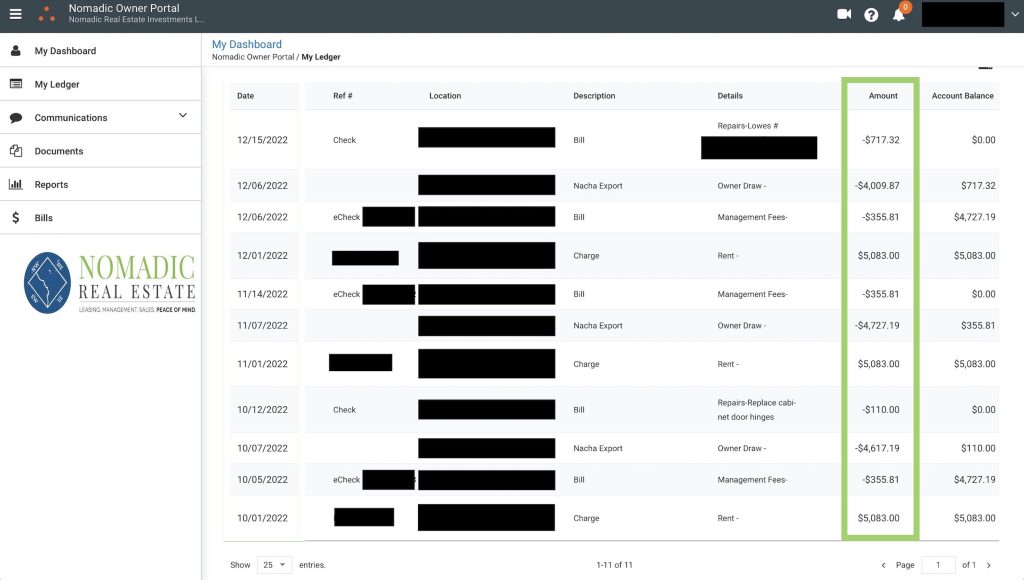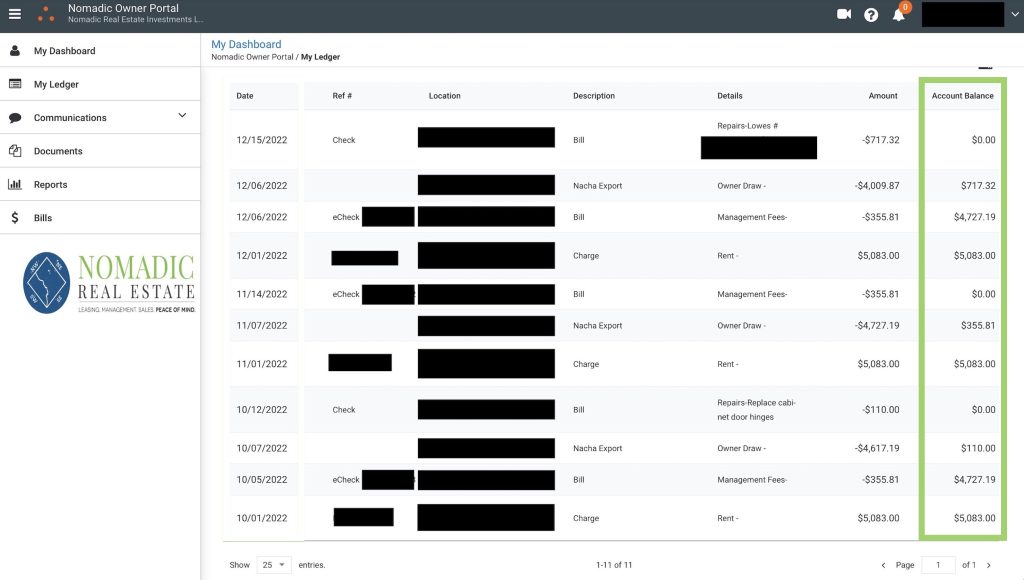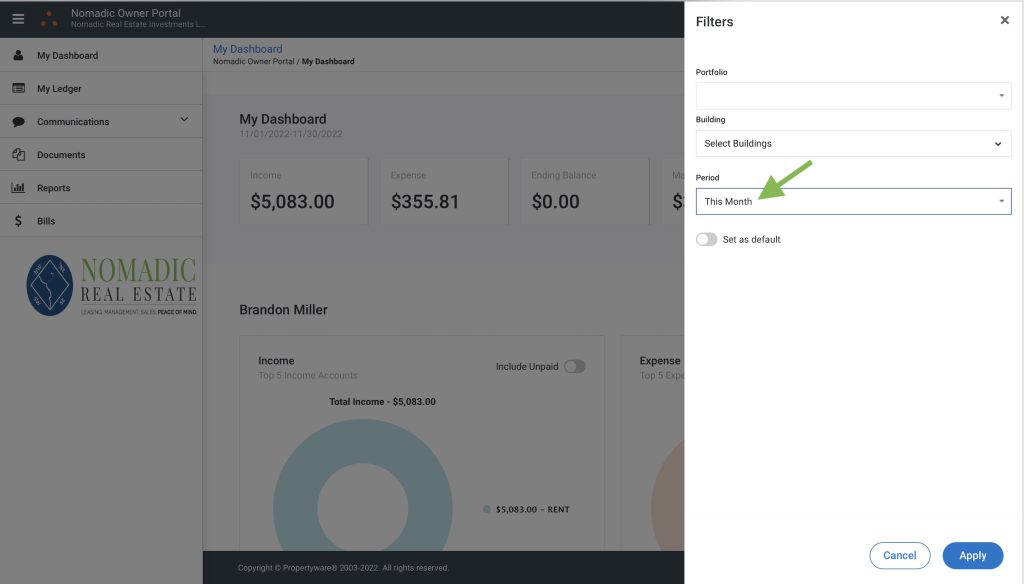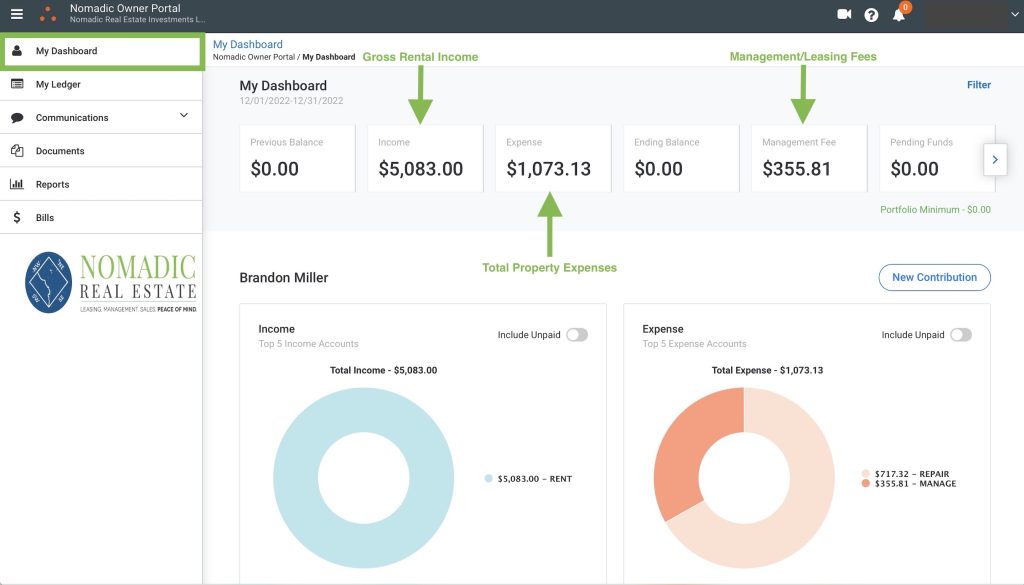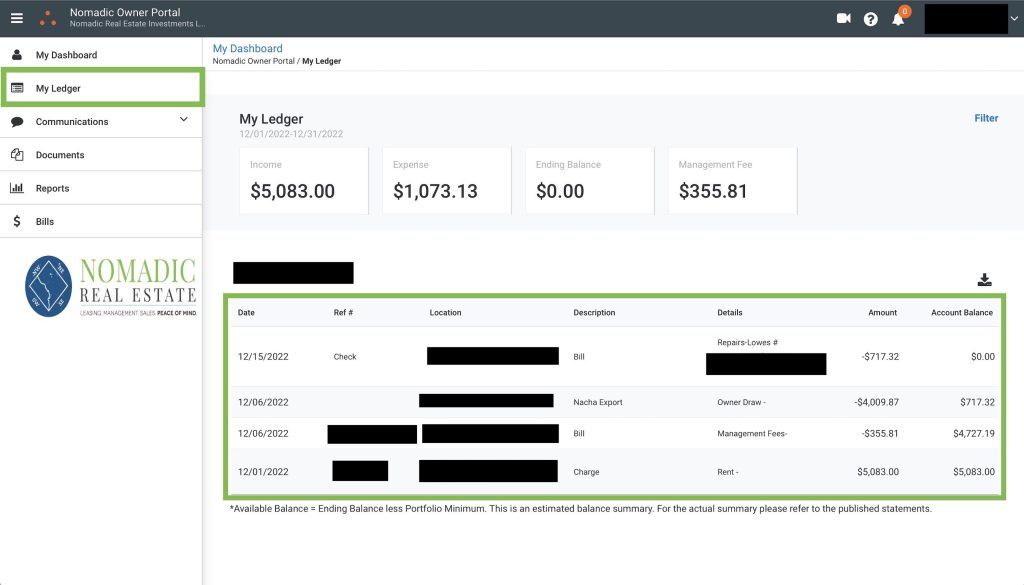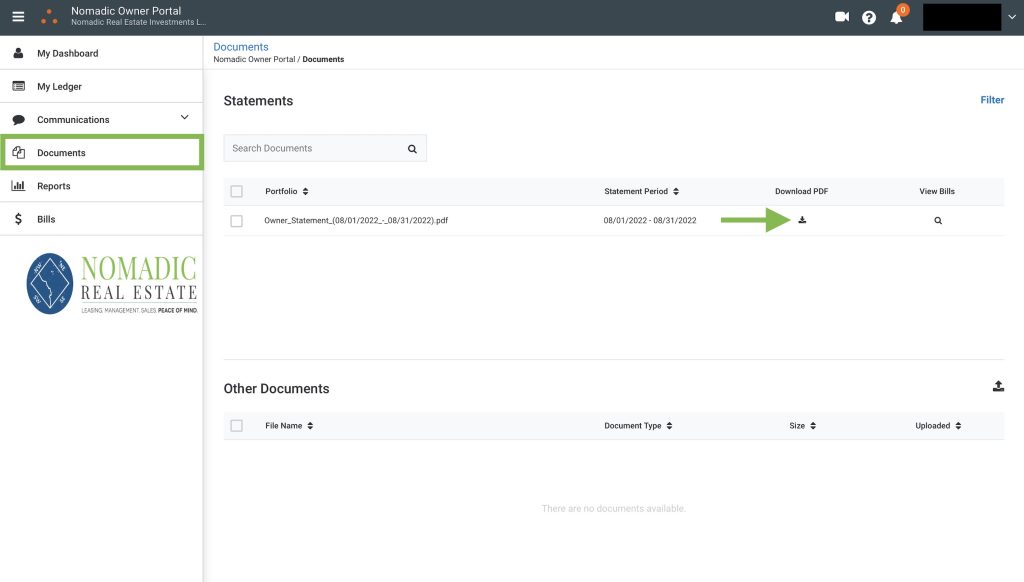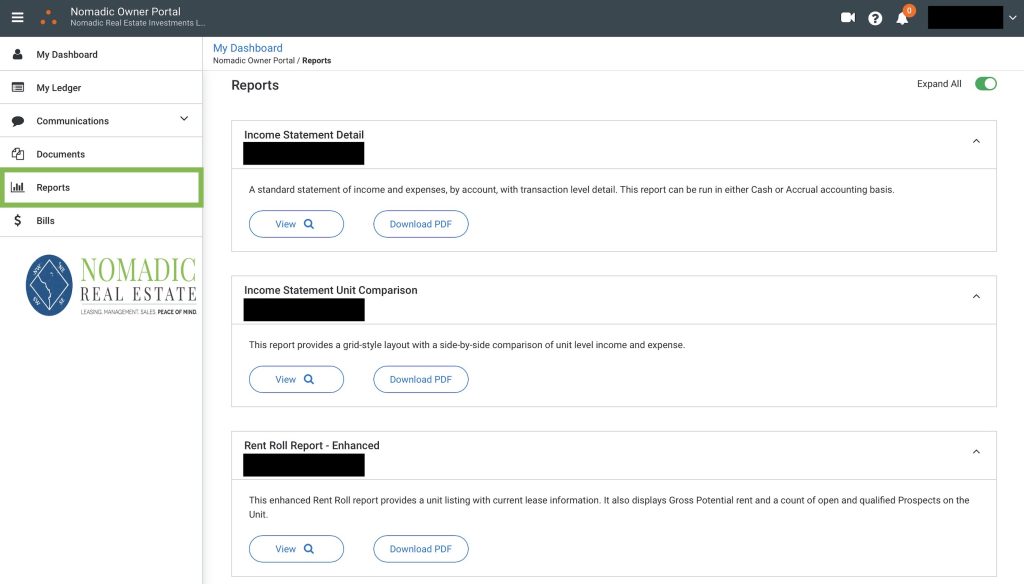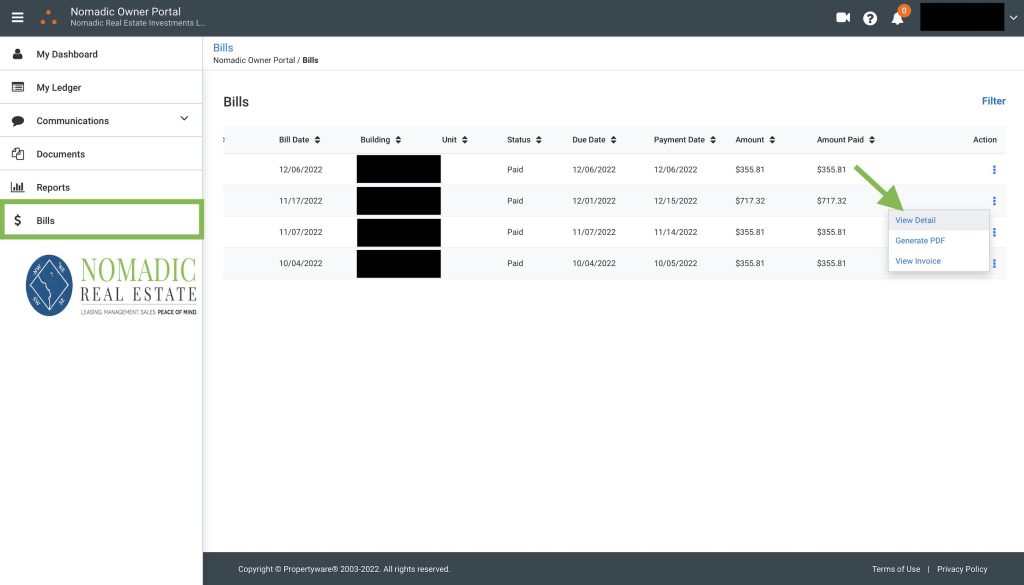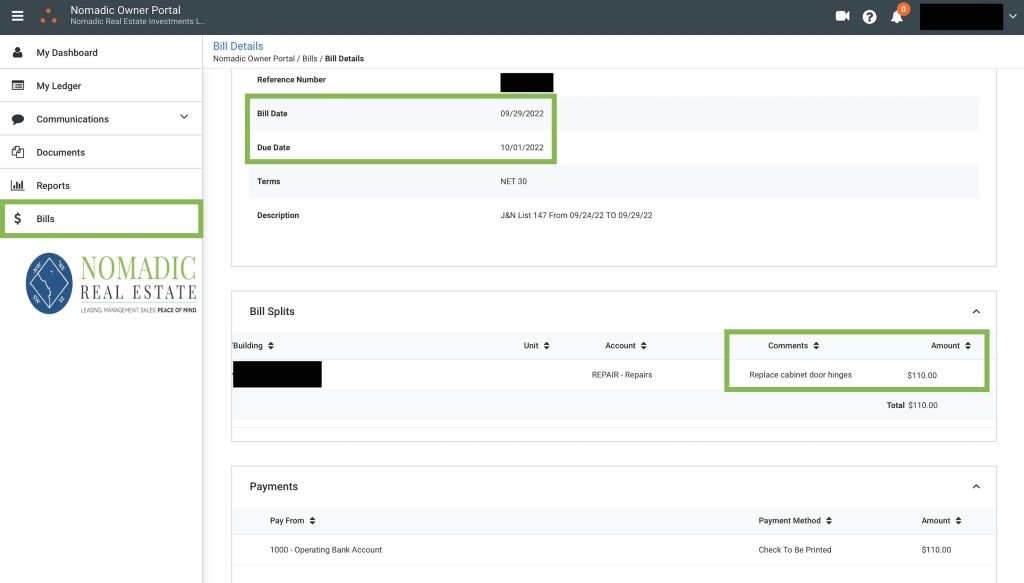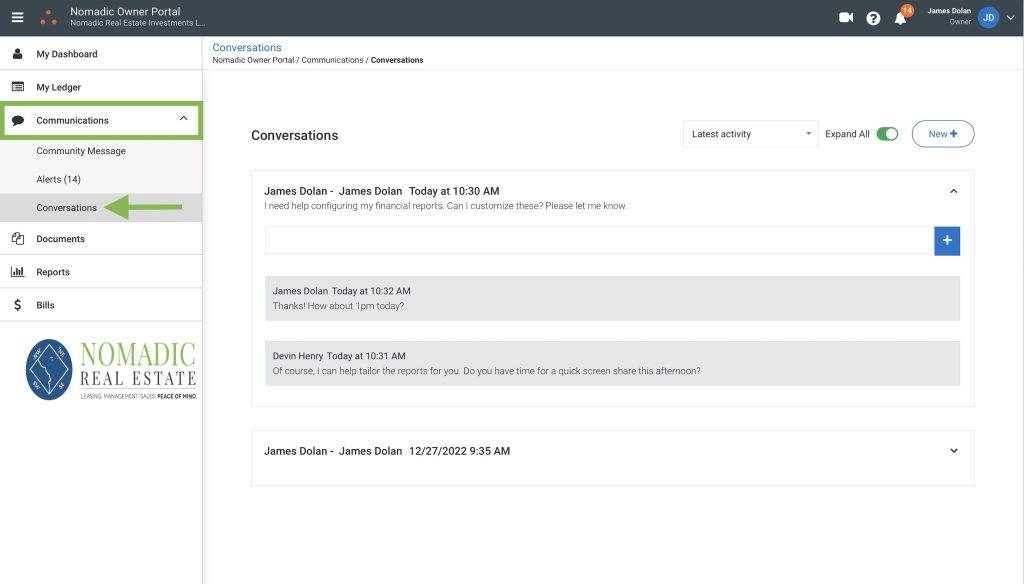Investing in real estate foreclosures could be an excellent option as you search for a rental property in Washington, D.C. It’s sometimes possible to find a foreclosure at a great price, especially if you’re willing to put some work into fixing it up.
The gist is that a bank or government agency will sell a foreclosure to the highest bidder at auction. You can get lucky in this scenario and score a property with significant potential at an affordable price, but the process can sometimes be complicated.
Foreclosed homes occasionally require significant work because the previous owners haven’t maintained them, leaving the new owner with expensive repairs. This guide examines the types of foreclosures you’ll encounter and provides some tips to remember when investing in foreclosures in the D.C. area.
Types of Foreclosures
You’ll encounter a few foreclosure types as you begin attending auctions. This information defines the entity foreclosing the property and provides insight into the home. The kinds of foreclosures you’ll see include:
Bank
A bank foreclosure occurs when the lender forecloses on a property because the borrower stopped making mortgage payments. The bank then takes control of the property and sells it at auction to recoup the money the borrower owes.
County
A county foreclosure is when the homeowner doesn’t pay property taxes, and the county tax collector seizes the property. The county will then sell the house to pay the owner’s tax bill.
Federal
Federal foreclosures are similar to county foreclosures, except they involve nonpayment of income tax and other federal matters. The IRS or Treasury Department will seize the property in these scenarios.
HUD
Homeowners who borrow from the Federal Housing Administration and stop making payments could have their houses foreclosed. The U.S. Department of Housing and Urban Development (HUD) will handle the foreclosure to pay off the owner’s debt.
Homeowners Association
A homeowners association (HOA) can foreclose a property when a resident doesn’t pay their dues. The owner usually has to be significantly behind on HOA fees for things to reach this stage.
Understanding the various types of foreclosures can help as you begin placing bids because of the insight this information offers. You’ll be responsible for paying outstanding property tax liens, for example, so knowing the property is a county foreclosure (if applicable) ensures you aren’t surprised by these expenses.
Seven Things to Know When Investing in Real Estate With Foreclosures
Investing in foreclosures can be lucrative but isn’t as straightforward as it might seem on the surface. The auction process can be overwhelming, so you’ll want to keep some information in mind as you navigate it. Some things to remember include the following:
1. You Might Need a Cash Deposit
Some auctions require you to put up a cash deposit before you bid. You’ll need this cash on hand and might have to provide proof of financing, too. Competing with professional investors who bid with cash can be challenging for those breaking into the real estate industry.
2. The Owner Could Have Right of Redemption
Winning an auction on a foreclosed property doesn’t always mean you’ll become the new owner. There’s a chance the owner has a right of redemption, which means they can get their home back after paying off their debt before you close on it. The redemption period can drag on for months, leaving you in limbo while waiting for a conclusion.
3. The Home Is Sold As-Is
You’ll be responsible for all repairs when investing in buy and hold foreclosures. The property could have significant damage due to lack of maintenance or vandalism while it sat vacant, creating substantial expenses. Contingencies might not be allowed either, so there’s no way to get out of purchasing the home if it’s in worse condition than you envisioned.
4. There Could Be Liens
There’s a chance the home’s title has liens, which you’ll be responsible for paying if you become its owner. Ensure you complete a title search before closing the deal and buy title insurance to protect yourself from third-party claims to the property.
5. Information Is Tough to Come By
You might not know much about the property’s condition or maintenance records when you bid. This lack of data makes it challenging to know what expenses to expect if you become the owner. Some auctions don’t even allow bidders inside the house or into the backyard to look at its condition.
6. Overbidding Can Be Disastrous
It’s easy to get carried away when bidding on a foreclosure because you can rapidly fall in love with a property and do everything you can to own it. Overbidding can leave you in a challenging situation, though, because the home could require repairs, leaving you with considerable expenses. Avoid bidding wars on foreclosed homes because there will always be another option in the future.
7. Pre-Foreclosure Investing Is Possible
Investing in pre-foreclosures is also an option, but you’ll have to speak directly with the property owner to see if they’re motivated to sell. A pre-foreclosure is a scenario where the owner is significantly behind on their mortgage payments and might look to sell the home quickly to get out of debt.
There’s no guarantee the property you buy will be in rough shape when investing in real estate with foreclosures, but it’s a possibility you need to consider if you’re buying it as a rental. Keeping this information in mind makes it easier to walk away from a bidding war so you can end up with the right property to meet your needs.
After You Buy a Foreclosed Home
Buying a foreclosure can be a great way to get your foot in the door as a real estate investor. Finding the right deal can take some time, but it’s possible to save significant money if you go this route and stay patient. You’ll then have an investment property that sets you up for the future.
Nomadic Real Estate offers the property management services you’ll need once you become a landlord. We’ll ensure everything goes smoothly with your investment and minimize the stress it brings to your life. Contact Nomadic Real Estate to learn more about our D.C. property management solutions.










